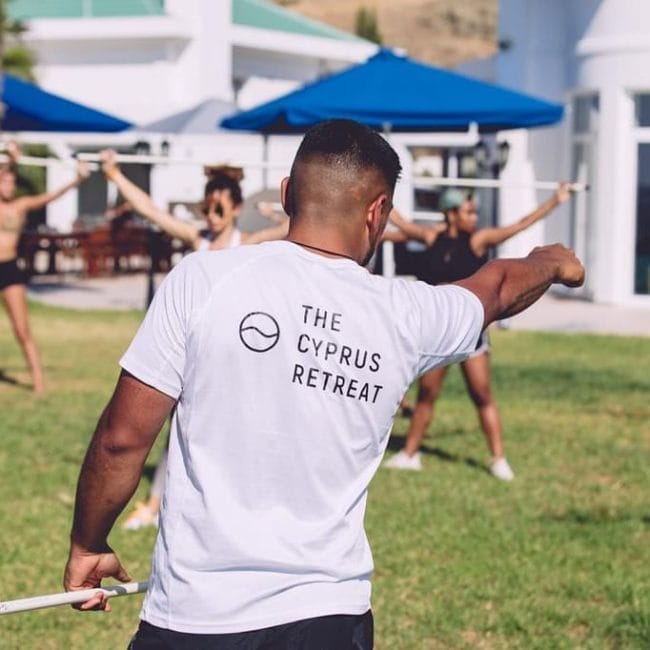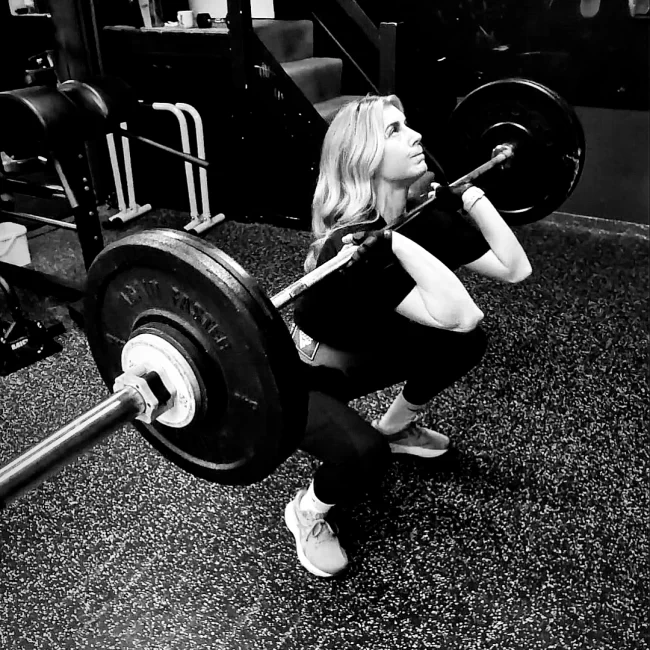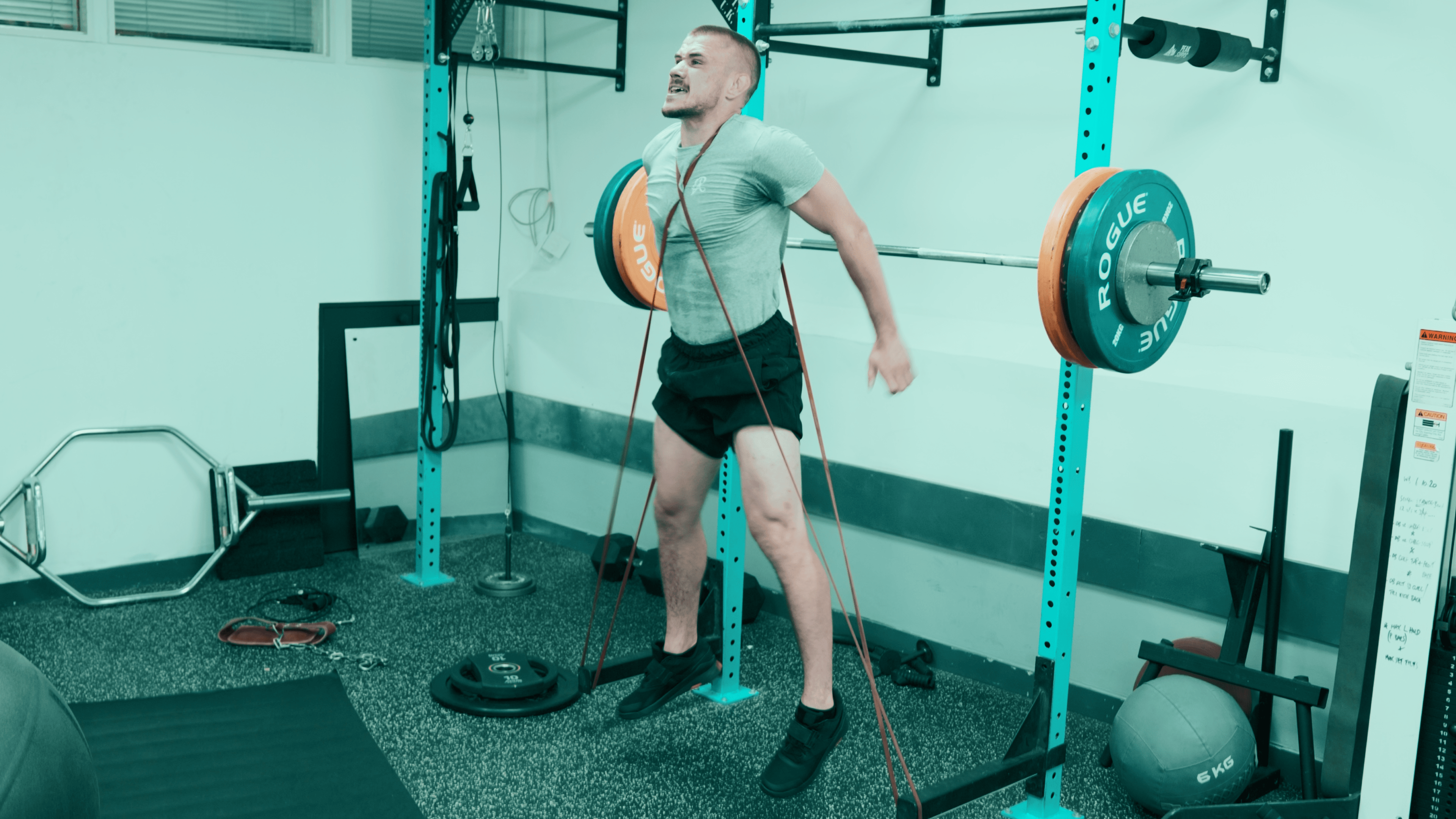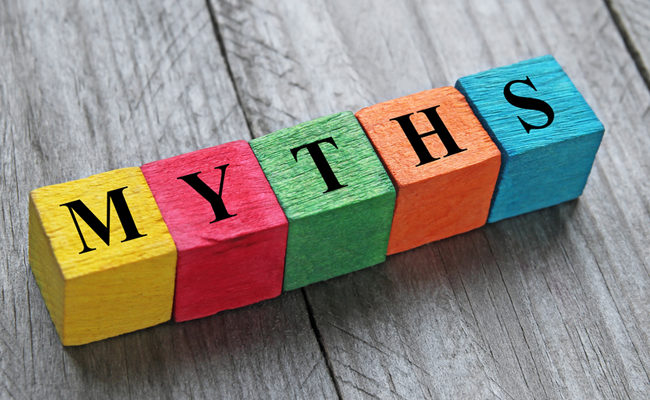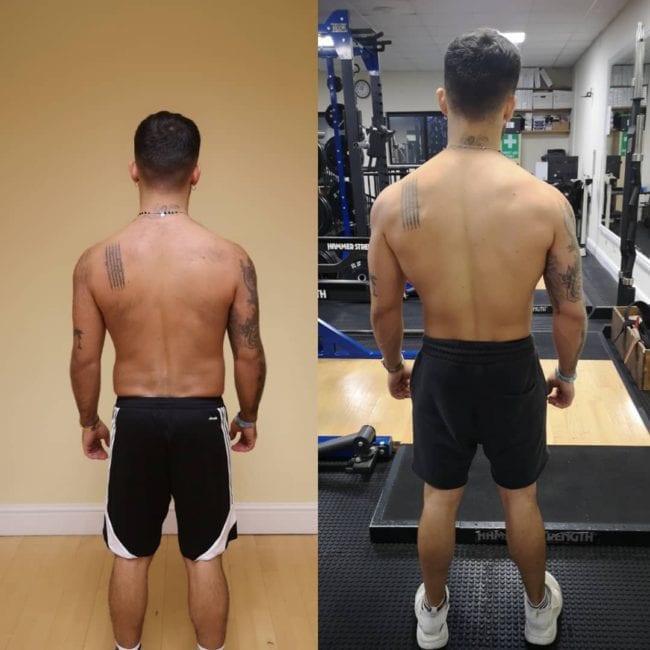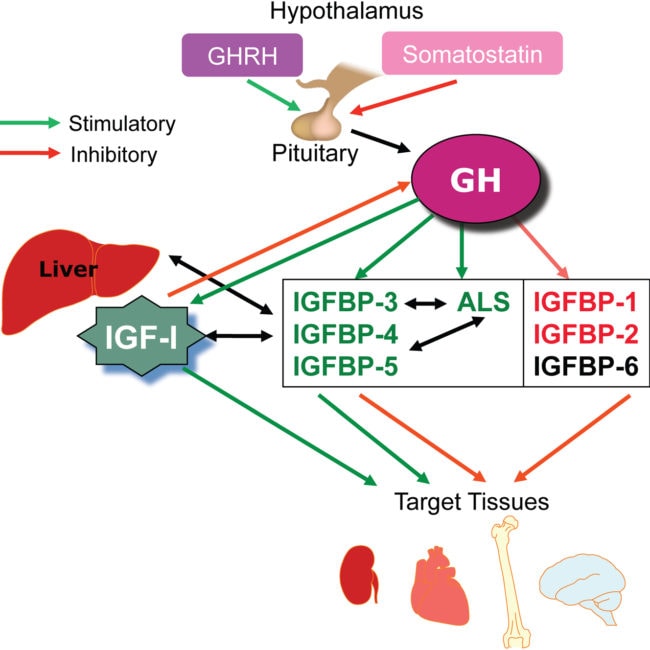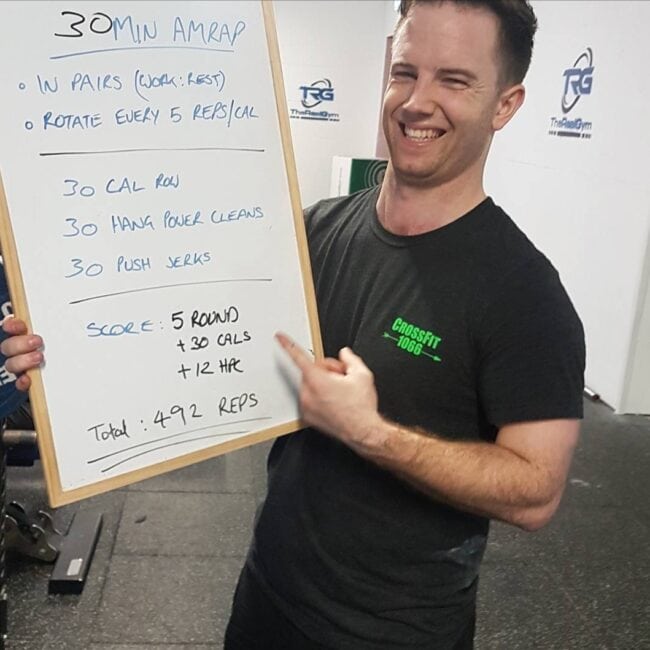Common Fitness Myths
#1 Eating less is better for your metabolism
#2 Increasing your workout volume and it will burn more calories and increase metabolism
#3 Low fat diet is key for increasing metabolism
Ok, let’s get straight to the point – you need to increase chemical reactions in the body. Counting calories is only a measurement system.
Facts
#1 Eat more smaller meals regularly is better for blood sugar control *thus better controlling cellular respiration. On another note Focus on micronutrient rich foods and cook with more fresh herbs, you need powerful herbs to boost metabolism (chemical processes)
Eg. Cinnamon, Sage, Turmeric, Garlic, Ginger…etc Fresh herbs – not dried out of a glass.
https://www.ncbi.nlm.nih.gov/pubmed/29680359
#2 Increasing your volume of workout doesn’t always do this, but changing the type of workout you do will. For example – hard anaerobic training and aerobic interval training will. When doing strength and conditioning with the athletes in surrey, I make sure our training is tailored to their weaknesses; Changing the type of training is key for adaptation.
#3 You need fat for hormone production (cholesterol for testosterone…etc) *I have done plenty of posts for the importance of fat, and will continue to regurgitate them!
More importantly fats are so important for the brain Microglia.
https://www.ncbi.nlm.nih.gov/pubmed/31238131
Research, Research, please comment down bellow, I would be interested to see your thoughts on eating less for fat loss, increasing workout volume, and low fat diets.
I lead my personal training in Epsom, Surrey based on phases if you’re serious about your goal then phases are your best approach.
Phase 1 – Ketogenic dieting
Phase 2 – Cyclical Ketogenic dieting
Phase 3 – Carbohydrate cycling
Fitness Research
Research allows us to pin point what works and what doesn’t works and doesn’t, otherwise we wouldn’t know how to design world class programmes to achieve goals that were unthinkable. Research helps us overcome problems to reach the outcome of what you hope to achieve at the end of a project.
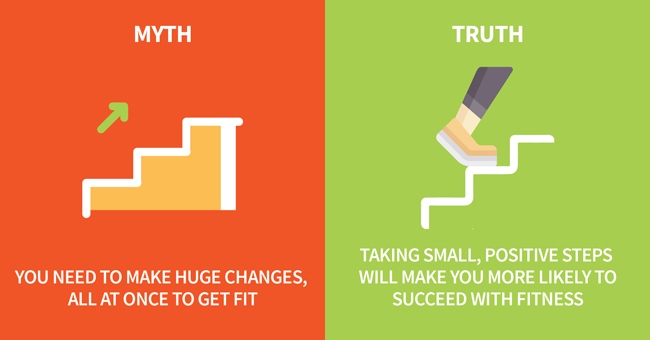

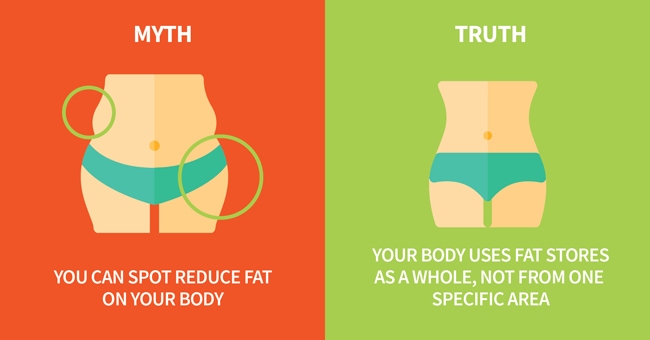

“the most successful athletes follow passion not pay checks”
